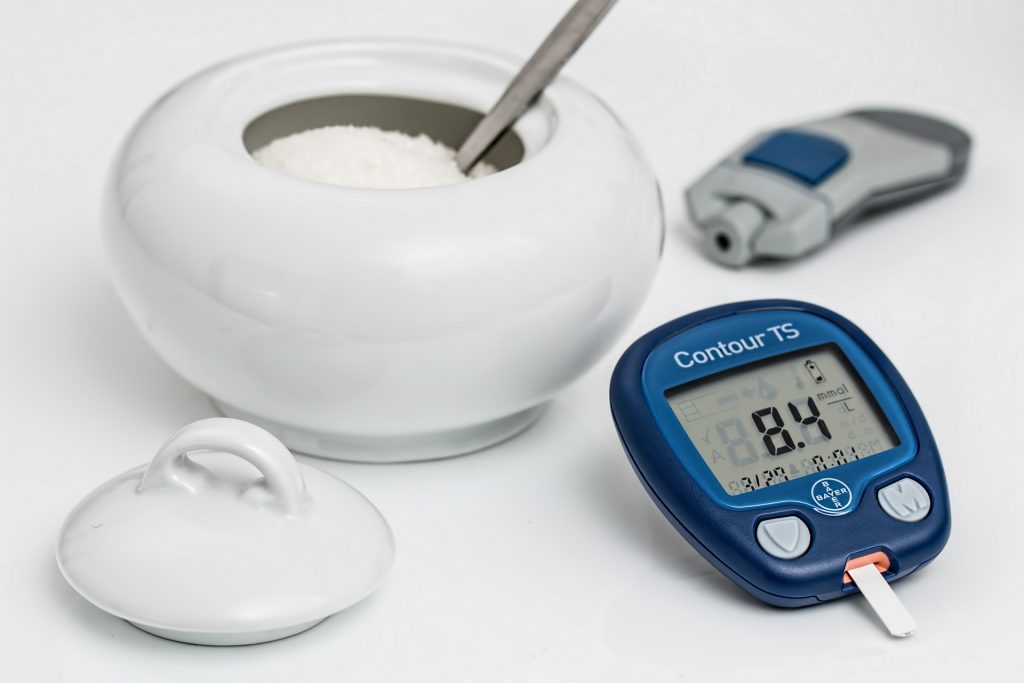Nowadays, we should consider sugars as our enemy. Having sugars in your daily diet is one of the leading factors of various public health problems. Experts are advising that sugars should be completely removed from our diets. By eating an excess of sugars it can put people at risk of developing various non-communicable diseases.
Sugar, in general, includes table sugar, sweeteners, honey and added sugars in fruit juices. Sugars are simple sugars that occur naturally in some foods and drinks and also, can be added in them. The added sugars are the one which is much more harmful than the sugars which are naturally present.
Sugars provide us only empty calories that are, they have no nutritional value. And therefore, consuming too many sugars may cause various health problems.
Having an excess of foods rich in sugars can firstly, replace the consumption of nutritious foods and secondly, provide empty calories and shoot up the calorie intake which can then lead to health problems.
The best way to eliminate the added sugars from our diet is by eating naturally sweet fruits (apple, banana, and pomegranate) and dairy or dairy substitutes can also satisfy sweet cravings as well as take the place empty calories.
Sugar can be classified as monosaccharide (single sugar molecules such as glucose and fructose) and disaccharides (more complex structures such as sucrose and lactose).

Following are the harmful effects of having an excess of added sugars:
1. Provides empty Calories and replaces nutritious foods
It has been studied that individuals who consume the most sugar have the lowest intakes of essential nutrients like vitamins A, C, B-12, Iron, and calcium. Eating excessive sugars can reduce the intake of nutritious foods which leads to a deficiency of essential nutrients. Sugars lack in fibers, vitamins, minerals, and other important nutrients.

2. Leads to overweight/Obesity
Consuming excess sugar can lead to weight gain and the reason behind this is that sugars are high in calories. Our body digests products containing added sugars more quickly, and this does not offset our hunger for a long time. This leads to eating frequently throughout the day and a greater calorie intake overall. Eating excessive sugar can also disrupt a hormone Leptin regulates hunger by determining how much energy the body needs. These disruptions can lead to weight gain and result in overweight/obesity. Being overweight or obese is the result of a complex interaction between diet, physical activity, genetics, and social and environmental factors. However, a simple way to prevent weight gain is by limiting the amount of sugar in the diet.

3. Tooth Decay
Excessive consumption of sugars leads to dental carries/tooth decay. It is especially so in children. Therefore, it is important to brush your teeth at least twice a day as after eating sugary food items. The bacterias present in the mouth form a thin layer of plaque over the teeth. These bacteria then react with the sugars which are present in foods and drinks. This reaction triggers the release of acid which is the main cause of damage to our teeth. This also then leads to cavities. The only prevention of tooth cavities is limiting the intake of food items high in sugar.

4. Leads to an increase in blood sugar levels
The prevalence of diabetes has increased in the past few years. There could be many reasons for the same but one of the main reasons behind the increase is the excessive consumption of diabetes. Also, due to excessive consumption of added sugar, it can lead to overweight/obesity which is a risk factor for diabetes. More than recommended consumption of sugars can also lead to resistance of insulin which causes a rise in blood sugar levels and increase the risk of diabetes. Various studies have shown that individuals who drink sugar-sweetened beverages, including fruit juice, have a higher risk of having diabetes mellitus.

5. Increase the risk for cardiovascular diseases
Consumption of high sugars in the diet is associated with an increased risk of cardiovascular disease, stroke, and heart disease. It also increases the risk of obesity, poor lipid profile, and higher blood glucose levels which are risk factors for various cardiovascular diseases. It has been reached that with increased consumption of added sugars the increases the risk of various cardiovascular diseases.

We should know that having sugar is not harmful but we should keep in mind that anything in excess can be unhealthy for our body. One should make a wise choice while including sugars in the diet. It is well researched that consuming a natural source of sugar is better for health than consuming added sugars. Consumption of excess sugar can lead to a range of unhealthy conditions, including heart disease, overweight/obesity, and diabetes.
People can have control over their sugar intake by properly reading the label, preparing foods at home with a limited amount of sugars or using various alternatives for providing sweetness and eating less of processed food items.







